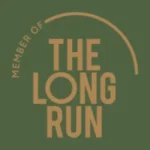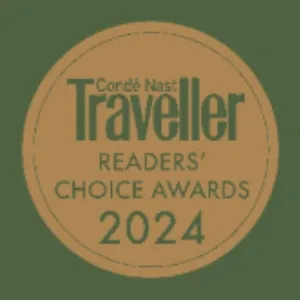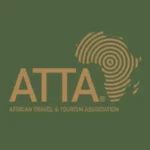Restoring Island-Ocean
Ecosystems
Palau Archipelago | Micronesia
The journey will be hosted by Dr. Penny Becker, Island Conservation’s CEO, and Dr. Stuart Sandin, a community ecologist and Director of the Centre of Marine Biodiversity and Conservation at UC San Diego’s Scripps Institution of Oceanography, who will introduce you to key community partners making significant impacts across Palau.
13th - 24th
September 2024
$13,215 PER PERSON
HIGHLIGHTS
Ulong Archaeology Tour
Kayaking technicolour coral lagoons
Paddling through shark nurseries
Participating in e-DNA Collection
Diving in sites of historical & ecological importance
INCLUDED
Full board accommodation at Palau Pacific Resort
Three nights aboard the Palau Siren Liveaboard
Expert guiding & personal hosting throughout
Diving, kayaking & snorkelling activities
Community conservation activities
Citizen science research
Discovery of Palau’s communities, biodiversity & marine & terrestrial ecosystems
DETAILS
13th – 24th September
11 nights
$13,215 per person based on two people sharing
Arrive to Koror International Airport
Small group experience
RESTORING ISLAND-OCEAN ECOSYSTEMS
A once-in-a-lifetime opportunity to meet the community champions weaving together traditional stewardship and science to protect Palau’s island-ocean ecosystems
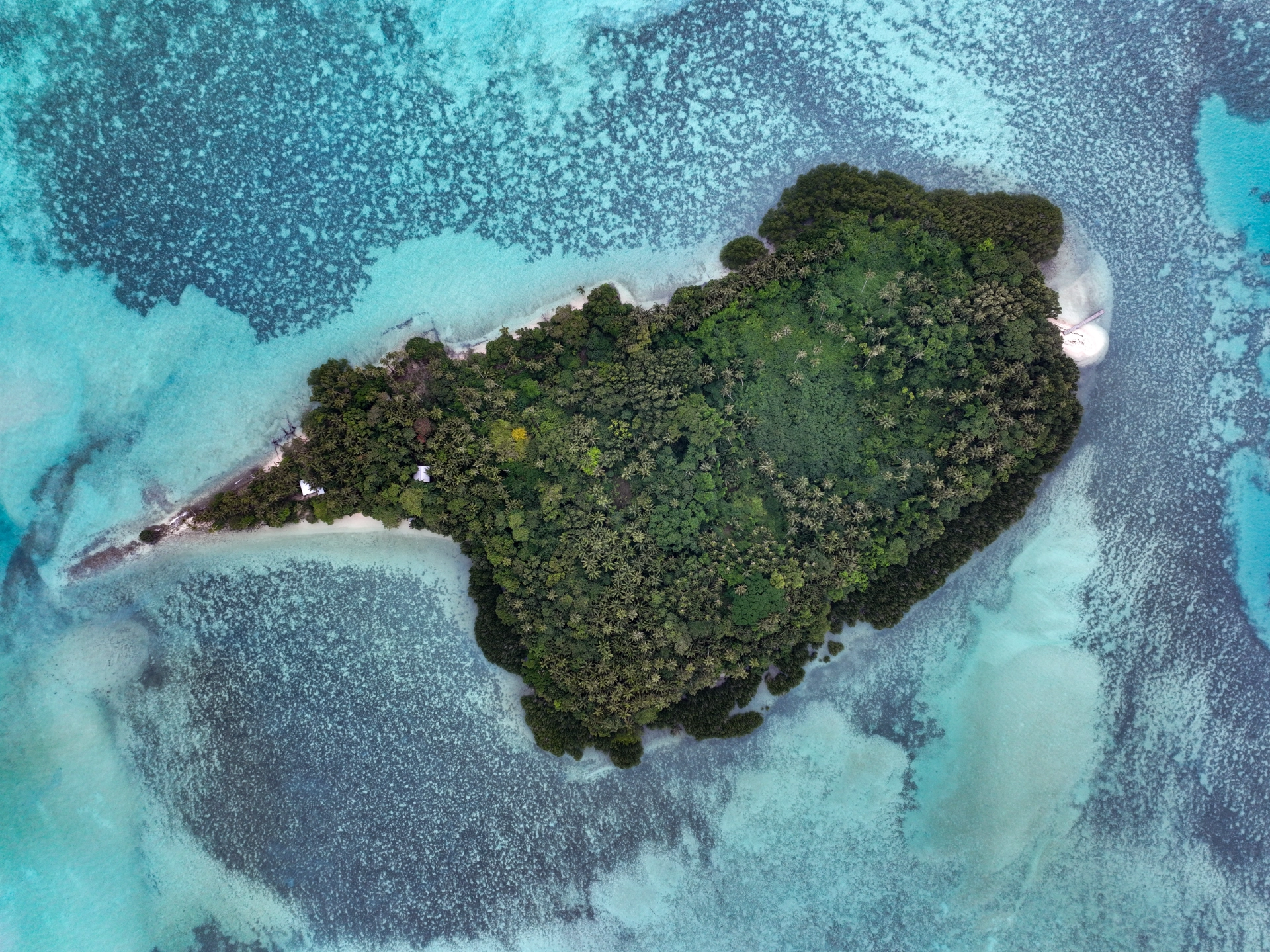
WHAT TO EXPECT
Discover the extraordinary on-land and under-sea wonders of Palau during this 12-day hosted journey. You will explore colourful reefs, sheltered lagoons and forest trails alongside experienced local guides and Island Conservation and Scripps Institution of Oceanography’s expert conservationists and marine biologists. Encounter unparalleled biodiversity and rich culture as you dive, snorkel, kayak and explore archaeological heritage sites. Gain a greater understanding of Palau’s traditional stewardship, marine and terrestrial conservation ethics, and the invaluable significance of restoring island-ocean ecosystems to move the needle on the climate and biodiversity crises. All-inclusive. Excludes international flights.
ACCOMMODATION
This journey incorporates three nights aboard the Palau Siren Liveaboard and nine at the Palau Pacific Resort. The magnificent 40m Siren Liveaboard was built on the Indonesia island of Sulawesi and is handcrafted from traditional ironwood and teak. And the 5-star Palau Pacific Resort features beautifully designed guestrooms, suites and overwater bungalows. Both accommodations are well equipped with luxury amenities. All accommodation is on a full board basis and a 24/7 concierge is provided throughout.
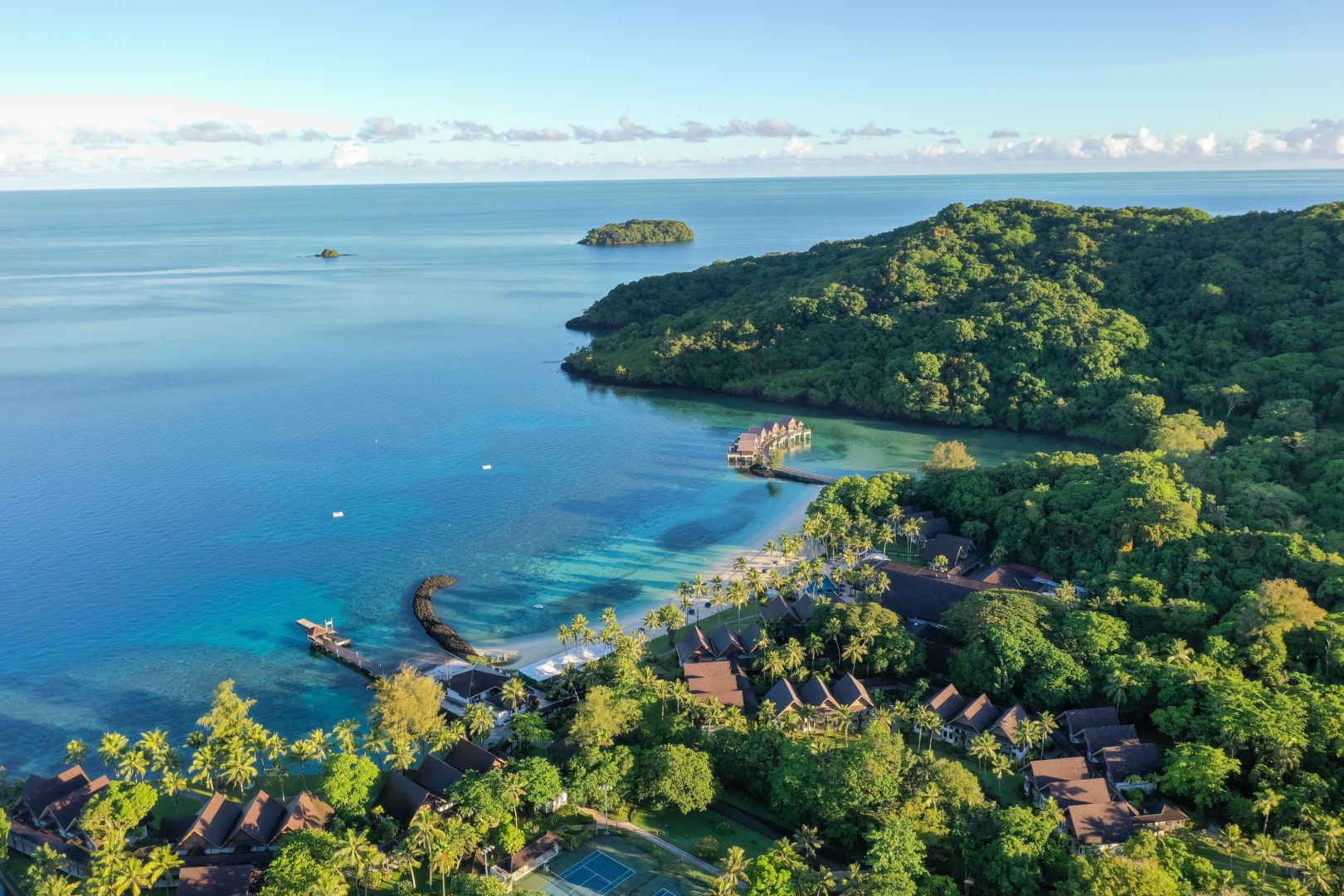
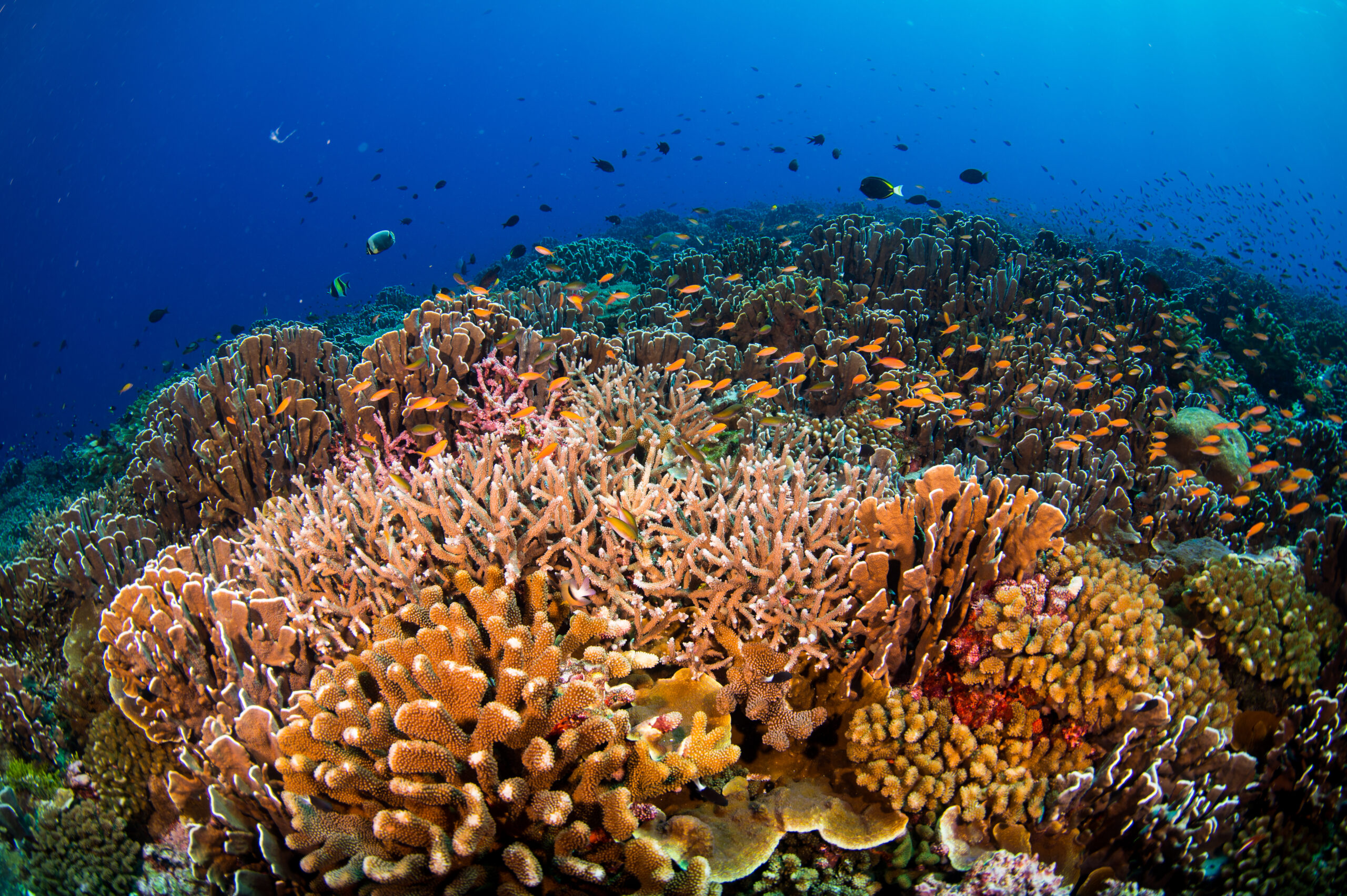
PERFECT FOR
This trip ventures to Palau, a remote island nation in the Pacific Ocean. The journey will explore the rich culture and traditions of the region, its treasured natural environments, and inspire support for ongoing conservation programs. It is suited to divers, with a PADI Advanced Open Water certification and a minimum of 30 logged dives, and snorkelers.
The journey is perfect for couples and curious travellers who want to further their knowledge of terrestrial-marine connections and connect with community champions at the forefront of the restoration and rewilding of Palau.
CONSERVATION IMPACT
As a pioneer in marine conservation efforts that have had a significant impact on both local ecosystems and global conservation, Palau has established a network of Marine Protected Areas (MPAs) that cover approximately 80 percent of its exclusive economic zone (EEZ). In 2009, Palau declared its waters a shark sanctuary, banning all commercial shark fishing within its EEZ. The nation has also implemented bans on destructive fishing practices like bottom trawling, and embraced sustainable tourism practices with eco-friendly accommodation and low-impact visitor activities. These efforts have helped to conserve critical habitats such as coral reefs, mangroves and seagrass beds, in turn supporting biodiversity and helping to mitigate against climate change. Palau’s conservation efforts are closely tied to its cultural heritage and, as the ocean holds significant importance in Palauan culture, Palau also continues to safeguard its cultural identity and rich traditions by protecting its marine environments.
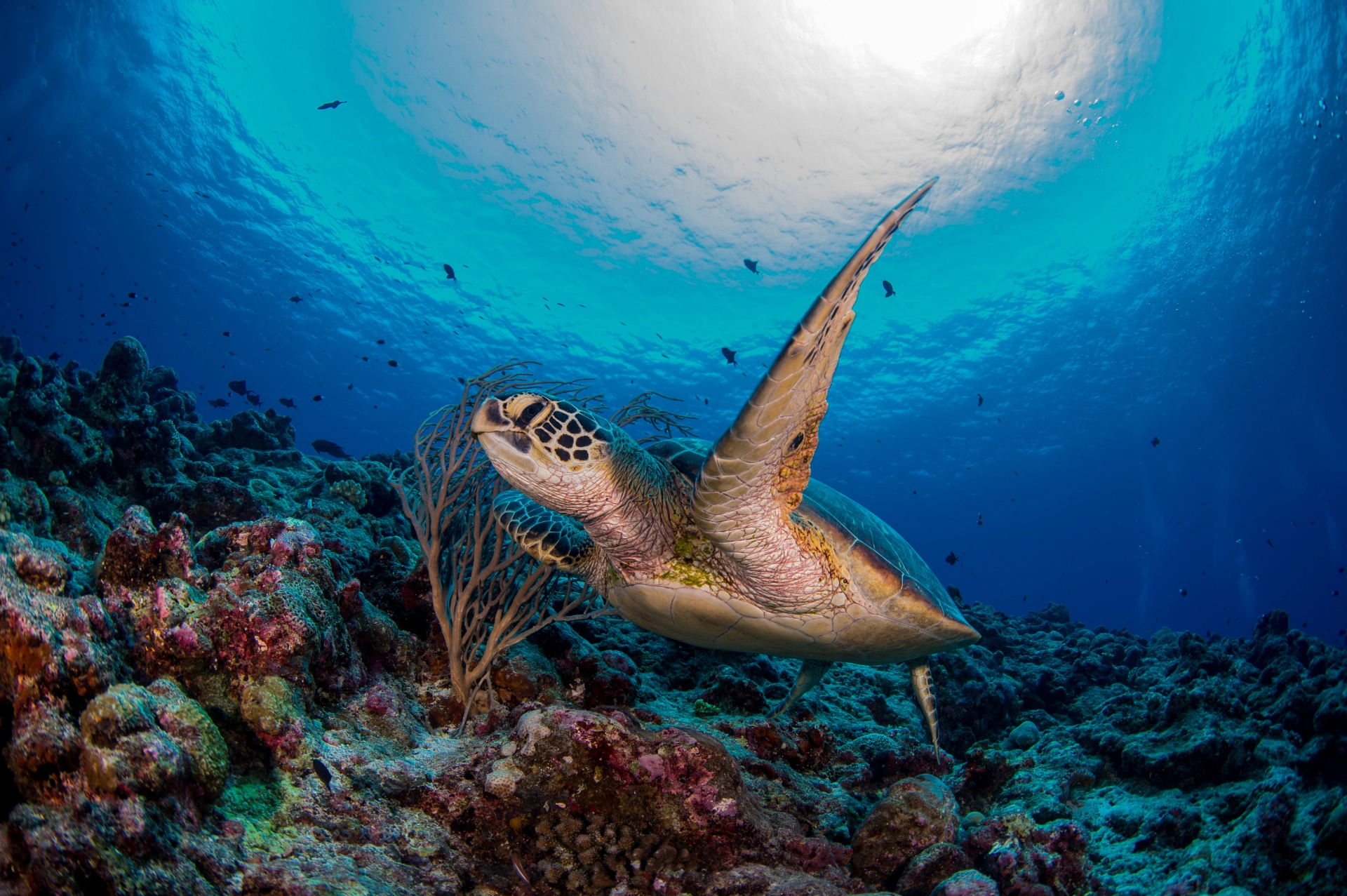
YOUR HOSTS
Meet your hosts:
Penny Becker and Stuart Sandin
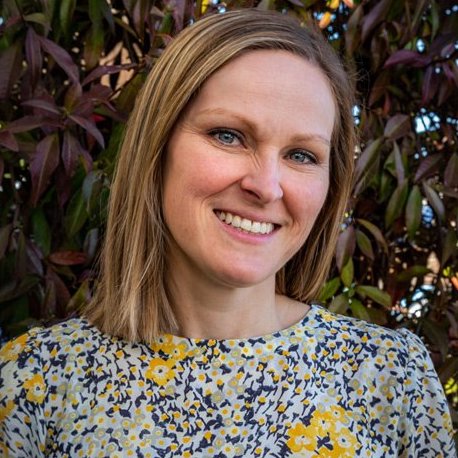
Penny Becker
Penny joined Island Conservation in January 2020 and, as Island Conservation’s CEO, will be your terrestrial journey host.
She received a BS in Biology from Willamette University and PhD in Wildlife Management from the University of Pretoria. After several years spent living, travelling and working internationally, Penny returned to the U.S Pacific Northwest where her work focused on recovering at-risk wildlife species and conserving biodiversity. Her wide-ranging conservation and research experience includes coastal community initiatives, fisher re-establishment and building cooperation across diverse people for natural resource challenges and establishing partnerships with governmental agencies, non-governmental organisations, citizens and industries for wildlife.
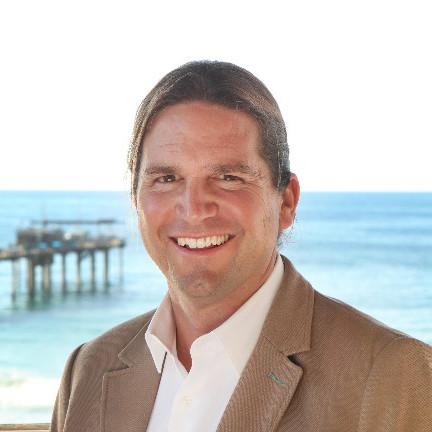
Stuart Sandin
Stuart Sandin is a community ecologist interested in considering the patterns of change in marine ecosystems, in particular, noting how ecological communities respond to variations in environmental conditions.
His research focuses largely on the ecology of coral reefs with the goal of finding effective management and restoration approaches for this threatened ecosystem.
Having received a BS in Ecology, Behaviour and Evolution from UC San Diego and PhD in Ecology and Evolutionary Biology from Princeton University, Dr. Sandin is a professor and serves as the Director of the Center for Marine Biodiversity and Conservation at Scripps Institution of Oceanography, UC San Diego. Stuart will be your marine journey host.
A GLOBALLY UNIQUE PERSPECTIVE
ON CONSERVATION IN ACTION
Frequently Asked Questions:
Journey to Palau
What is the climate like in Palau in September?
Palau has an equatorial climate meaning it is hot, humid and rainy throughout the year. In September temperatures range from 24-31℃ (76-88℉). Rainfall starts to decrease slightly following the rainier summer months, but you should still expect occasional heavy showers.
Can you organise an extension to this Hosted Journey?
Absolutely! We would be delighted to put together a bespoke itinerary for you should you wish to extend your stay in Palau or visit another country before or after this journey. Whether you would like to spend more time exploring the breathtaking archipelago or venture elsewhere in the Pacific or Asia, please contact Lara (lara.webster@stg-journeyswithpurposeorg-staging.kinsta.cloud) to start curating your bespoke itinerary.
What kind of activities will we be doing?
Your days will be spent discovering the extraordinary on-land and under-sea wonders of Palau. You will dive and snorkel in colourful reefs, kayak in sheltered lagoons, hike forest trails and explore archeological heritage sites. Evenings will be spent enjoying sundowners at the Palau Pacific Resort or onboard the Palau Siren Liveaboard, before feasting on delicious dinners with your fellow guests.
Where will we be staying?
This journey incorporates three nights aboard the Palau Siren Liveaboard and nine at the Palau Pacific Resort. The magnificent 40m Siren Liveaboard was built on the Indonesia island of Sulawesi and is handcrafted from traditional ironwood and teak. And the 5-star Palau Pacific Resort features beautifully designed guestrooms, suites and overwater bungalows. Both accommodations are well equipped with luxury amenities.
What happens after I book?
Once you have booked your trip the journey begins! Prior to departure, our team will share your personalised itinerary via the Safari Portal App which will contain all of the information about your journey. We will share reading and watching recommendations and updates from the field, so that you can begin your learning journey from home. In the days prior to your trip, you will be connected with your hosts and fellow guests on a whatsapp group as the excitement builds! The JWP team will be on hand in the lead up to and during your journey to assist with any questions you may have.
What is the best international airport to arrive at and depart from?
International flights are not included and are to be booked separately. There is only one international airport in Palau - Roman Tmetuchl International Airport (also known as Palau International Airport). Direct flights to Palau can be booked from Manila, Guam, Taipei, Narita, Korea and Tokyo. The most common route to Palau from the US is via Hawaii and Guam.
Who looks after us during our journey?
You will be joined on this journey by a JWP host. They will be on hand to assist with any questions or requests prior to or during your journey.
Can this journey be organised for a private group?
This journey to Palau from 13th-24th September 2024 has been designed to bring together a small group of curious and likeminded people who want to deepen their understanding of and engagement with pioneering projects involved in the restoration of island-ocean ecosystems. However, if you are unable to join the journey in September or would like to organise a transformative impact experience in Palau (or elsewhere) with a private group, our Journey Planners would be delighted to organise this for you. Please reach out to the JWP team on connect@stg-journeyswithpurposeorg-staging.kinsta.cloud to begin creating your unique impact journey.
Journeys to champion the
wild and celebrate conservation
Where will your impact journey take you?
As a mission-led business our journeys are designed to be transformative, on the traveller and on the people and places you engage with. When you book a journey with us you become part of our growing community of changemakers – the curious, the intrepid, those looking to engage with the natural world on a deeper level. To learn, exchange and realise change.
A journey starts with a discovery call with our expert team. These journeys are personal – they offer connection and insights into cultures, wildlife and landscapes in wild corners of the world – for an experience that has a positive impact, long after you return home.

